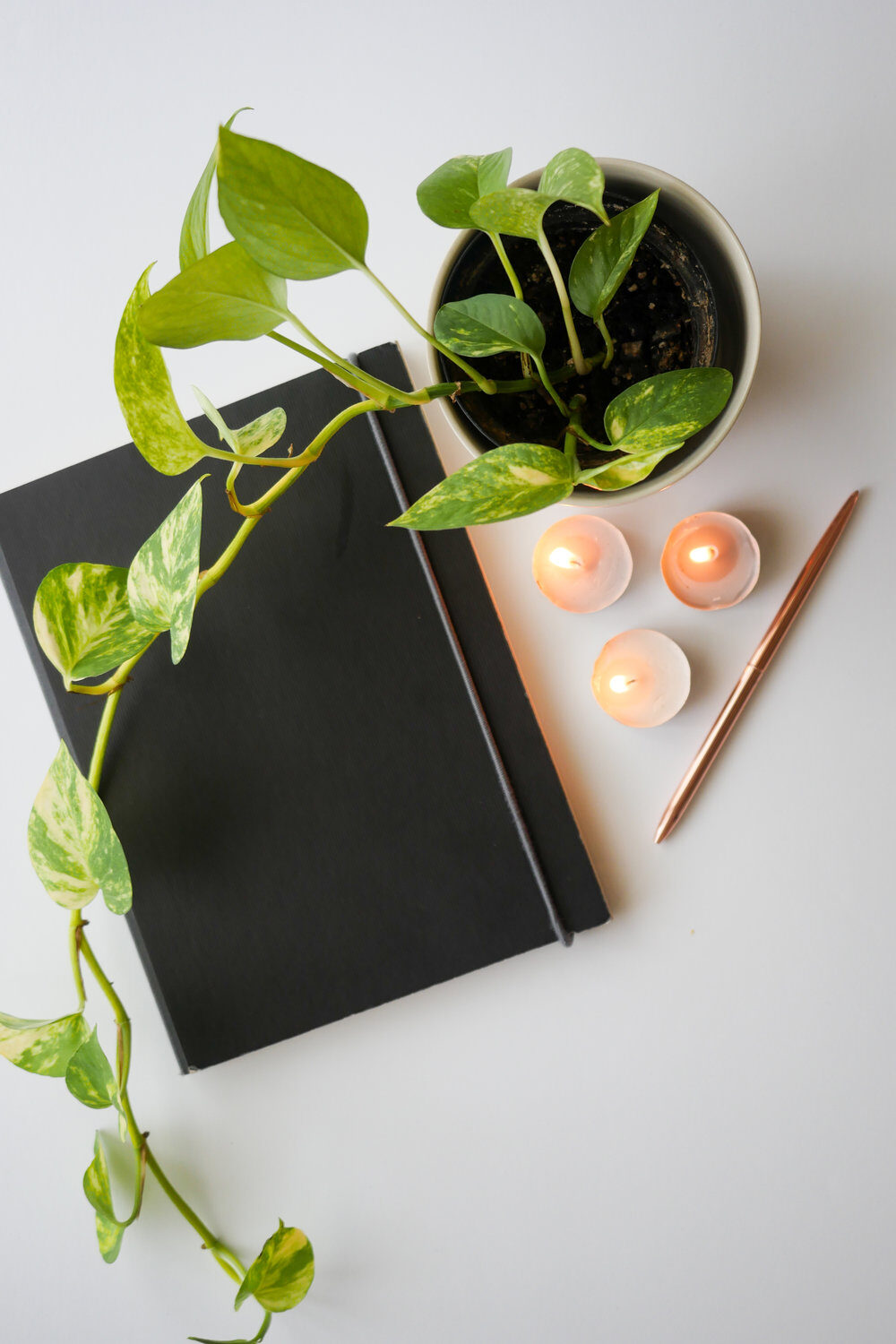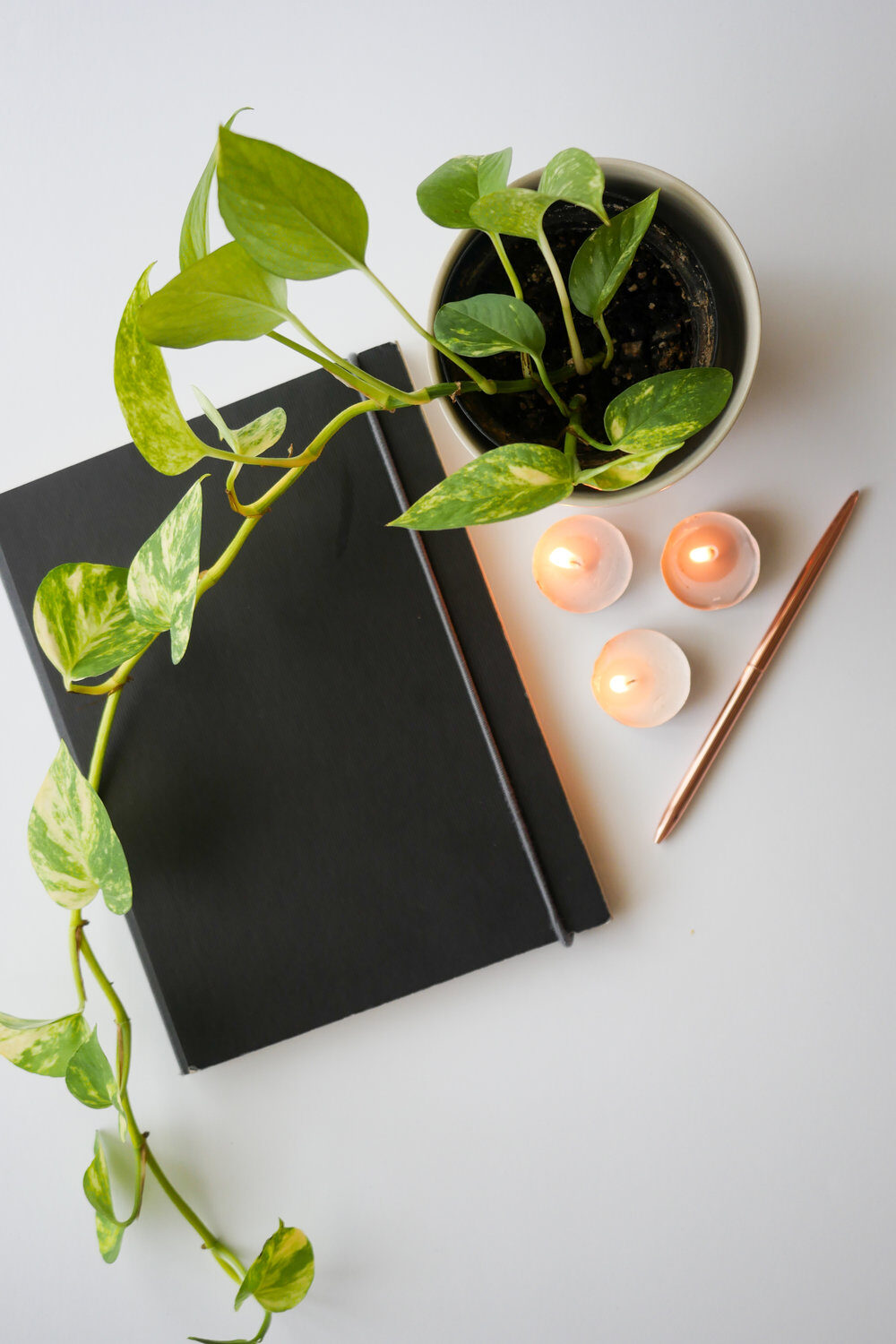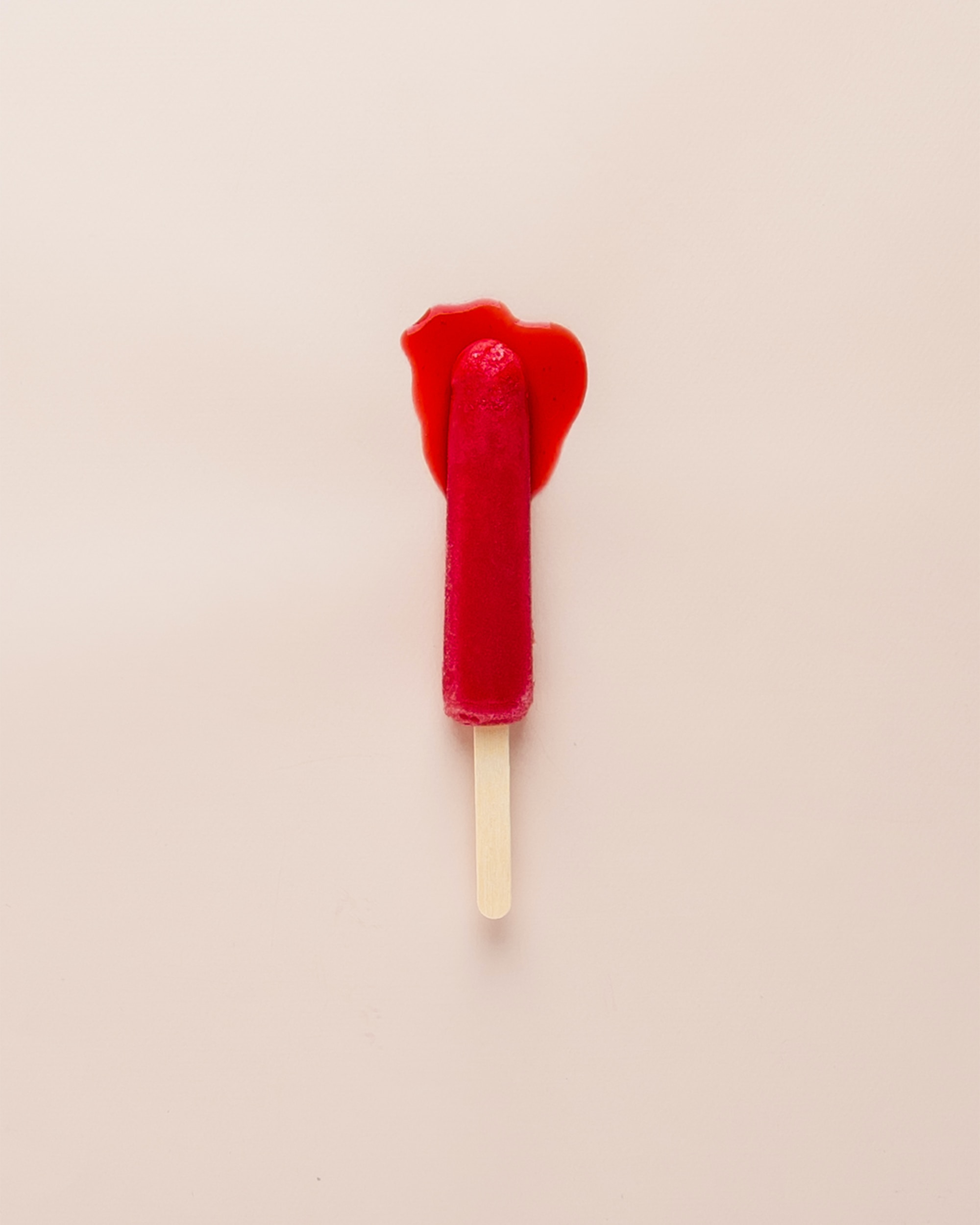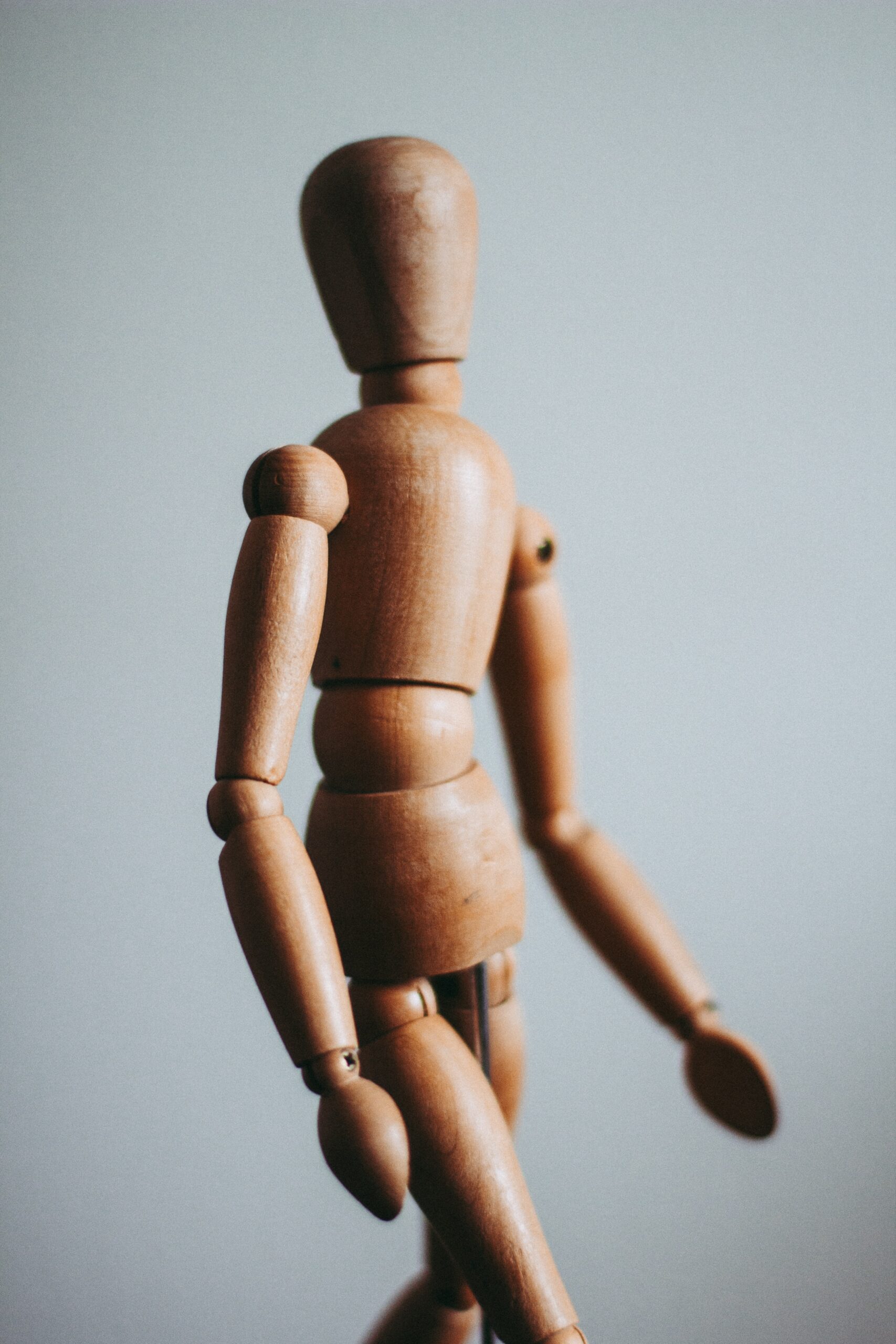
At 10 years old I had my entire future planned out, or so you would think by my journal entries. I was going to go on tour with Hanson, my favorite group at the time, and Taylor Hanson and I were going to fall in love while I toured with them, have this very low key proposal, runoff and get married, then tell our parents.
Stop laughing, I was 10.
Anyway, none of that happened, which I’m often bummed about, but I will say journaling about crushes or teenage life became a norm. When I entered college, I was very inconsistent with journaling unless something major happened. I wrote a lot during my Great Depression of 2014, but those entries are so dark and so angsty it’d make Daria concerned.
It wasn’t until therapy that I even considered journaling again. “I feel like I’m writing, “Dear Diary, this boy hates me…and…no. My problems are deeper than that.”
“Did you ever journal like that before?”
“No,”
“So why do you feel the need to journal like that now?”
OK fine.
It’s not a secret that I struggle with depression and anxiety, and yes I’ve seen a therapist and accepted medication in my life, but those things don’t make everything 100% better. I have to do the work outside of the session, and that meant finding healthy comping mechanisms when depression flare-ups happen.
My therapist suggested again that I write out what’s going on in my head. It doesn’t have to be perfect or even make sense, just write it out so it’s not stuck in my head.
And as silly as it sounded, I went to Target and grabbed a new fancy notebook to write out all my thoughts. Along with that, I made seven promises to myself:
1. Don’t stop writing while journaling.
It doesn’t need to make sense, it needs to be out of my head so I can move on, or in the least, have a release.
2. Journal without distractions.
I turn off the TV, put on music that fits my mood and writes everything that’s bottled up or that happened that day. Good, bad, indifferent, write it all out.
3. Don’t judge yourself for how you feel.
I can often dismiss my issue saying they’re dumb, but journaling is the place for me to be vulnerable. The lines on the paper or the ink that writes the lines aren’t judging me, so why am I so hard on myself?
4. Go back and reread old entries.
There are some entries I won’t reread because those times were super dark. Luckily they’re in another journal and I don’t have to worry about coming across those entries. But I do try to reread most of them because I like to remind myself how far I’ve come from those bad days, or remember those good days and feelings. Sometimes we get in a rut that life will always be THIS bad, or our lives have always been terrible, but when you write down the good times, you remember that life isn’t so bad all the time. That we go through seasons of ups and downs and this too shall past.
5. Make “Emergency Journaling” a thing.
Journaling on “off hours” i.e. not the usual time you journal is very beneficial. When I’m going through a rough period in life and anxiety or depressive spells can strike I find it beneficial to be prepared with a paper and pen (or use my phone). For example, I might be working when my mind drifts and I have an anxious moment. I take a moment, walk, and record what I’m feeling, why, and how I can stop feeling that way.
For me, anxiety happens from not knowing and assuming. When I get it out of my head and look at it, I find it’s easier for me to deal with it.
Think of it this way
If you’ve experienced an unfortunate death, grief can strike you at any moment. Writing out that you’re feeling upset a loved one is gone or you’re angry because XYZ, helps you deal with the process. Does it make it better? No, probably not, but at least it’s out there and you can see it. Make sense?




